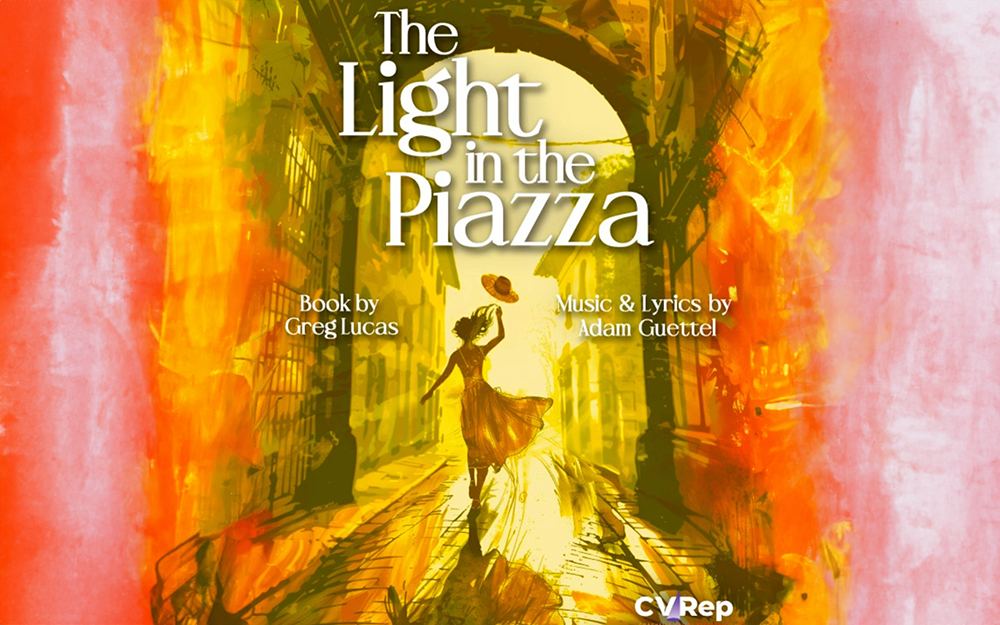By Heidi Simmons
—–
The Ocean at the End of the Lane
By Neil Gaiman
Fiction
—–
Childhood memories can feel like a dream or, as in Neil Gaiman’s new novel The Ocean at the End of the Lane (William Morrow, 181 pages), a nightmare.
Gaiman begins his book with a quote from Maurice Sendak (Where the Wild Things Are) from a conversation with Art Spiegelman of The New Yorker, circa 1993. “I remember my own childhood vividly… I knew terrible things. But I knew I mustn’t let the adults know I knew. It would scare them.”
Gaiman begins his story with a middle-aged man returning to Sussex, England, for a funeral. He is drawn back to his childhood home and the events that haunt him.
At age seven, the unnamed narrator is a bookish and lonely child. His family, struggling to make ends meet, takes in a boarder who commits suicide in the family car at the end of the lane. When the boy and his father go to retrieve the stolen car, the boy sees the dead body. A very different experience of death from the books he has read and the wax museum he has visited.
While the police investigate the crime scene, he meets eleven year-old Lettie Hempstock, her mother and grandmother. He quickly comes to realize these women are immortals, wise and magical. They tell him the suicide has unleashed an otherworld intruder who is compelled to invade the community and give the mortals what they want — such as money and jobs, maybe even love and acceptance. In this story, these are not good things.
Lettie’s mother and grandmother warn her that the entity may be too difficult for her to bind and send back to where it came. Lettie is young and may not posses the skills required to beat such a powerful entity. Confident she can, Lettie takes the boy with her and does her best. After a small battle, it seems Lettie has been successful. But the shape-shifting entity has lodged itself in the boy’s foot as a worm.
When the boy gets home, he extracts the “worm” — part of it — and his world changes overnight. His mother gets a job, his father gets a mistress and his sister gets a playmate. And the entity wants him out of the way — locked up with the other immortals banned from this world. There are horrors he cannot explain to his parents. The boy and Lettie must do battle with the entity which ultimately requires a sacrifice.
Like most young boys, he is weak and vulnerable. His parents are caught-up in their new world and the beautiful entity they perceive as Ursula Monkton, now resides in their home! The parents become obsessed, abusive and dangerous. The boy begins to see the world and his parents differently. His innocence quickly fades in this coming of age mythological story.
Author Neil Gaiman never mentions the boy and family members by name. The reader doesn’t know whose funeral he attends. His father? It seems a very deliberate omission in this first person narrative. This method made me wonder how much Gaiman is writing about himself and his own childhood rather than a simple character story. I certainly cannot say if Gaiman had a supernatural experience, and the similarities may end with the age of the boy or the reminiscing man and the location of the story. Gaiman is British and 50 years old. The story takes place in an English village in the late 1960s.
But I am thinking that it’s more about what it’s like to be a bookish child, misunderstood and uncomfortable with the world yet to have an imagination that allows you to see a pond as big as an ocean and “see” other worlds. And what is it like to one day realize most adults do not nurture their imaginary worlds? This is what I find most fascinating about the writer Gaiman and his story The Ocean at the End of the Lane. Is he sharing something personal or not? No matter, it is a story that provokes intense childhood feelings of loss.
Gaiman is the author of graphic novels, comic books, children books and adult fantasy novels. He has also written for film and television and is currently writing the narrative for a video game. Obviously he loves story and has never lost the child within. Or the things that haunt him. Did the unnamed boy become Neil Gaiman the author?










































